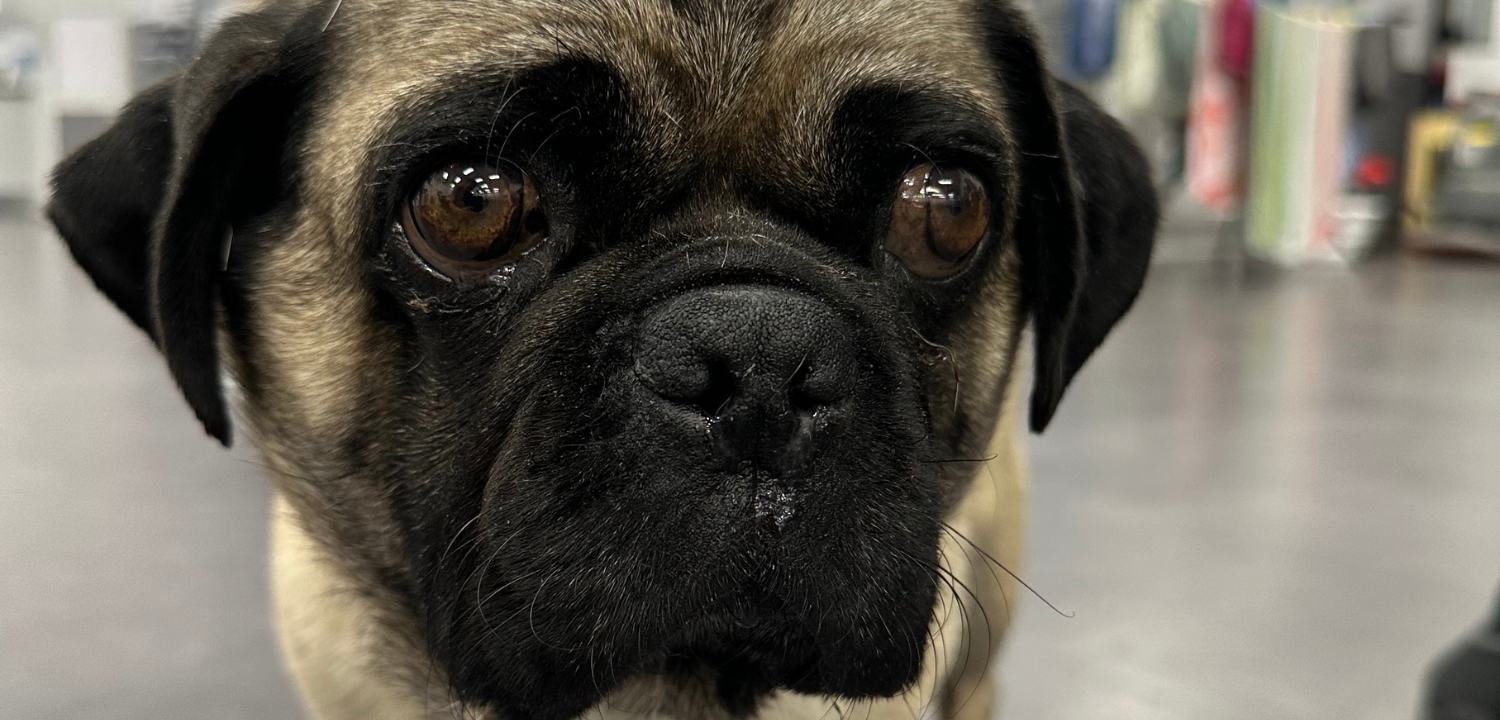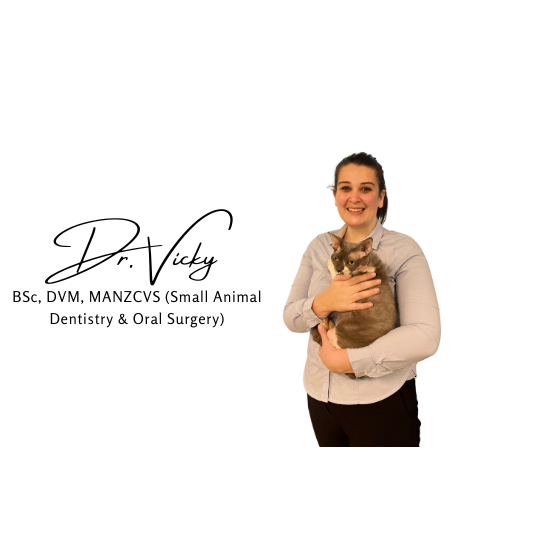Beat The Heat: Tips for Caring for your Short-Nosed Pup

Heat Sensitivity in Short-Nosed Dogs
Dogs don't sweat like we do to cool down. Instead they rely on panting and releasing heat through their paws. That's why short-nosed, or brachycephalic, dogs like Bulldogs or Pugs, suffer more in hot weather because they struggle to take in enough air through their small noses. Also, the bones inside their nose, known as the nasal conchae, sometimes can't function properly in stubby-nosed breeds. Making things even worse, they can also experience problems like elongated soft palates, oversized tonsils, laryngeal saccules that flip inside out, and oversized tongues.
Unlike other breeds with longer noses that more easily release heat, these cuties have a tougher time to breathe, which can make them uncomfortable, and even sick, in hot or humid weather.
So, if you have a cuddly short-snout friend and would like some tips on keeping them happy and comfortable when it gets hot outside, read on!
Keep Them Cool Inside
When the temperature goes over 20 degrees Celsius, make sure to keep your short-nosed pup inside. They will thrive best in an air-conditioned environment. Because dogs don't sweat, using fans won't help cool them through sweat evaporation or by circulating air, so it's essential to create a cool, air-conditioned indoor spot for them!
.png)
Summer Fun Beyond Walking
Your pup will still need exercise, but we recommend scheduling walks during the cooler times of the day – early mornings or late evenings. If the temperature exceeds 20°C or humidity levels are up, be cautious; your button-nosed buddy might struggle a bit. As an alternative to walking, you can try air-conditioned indoor foraging and training activities, which will keep them entertained without putting too much strain on their breathing.
Keep Water on Hand, Always!
Hydration is the secret to a happy and healthy summer for your brachycephalic buddy. Always keep their water bowls filled with cool, fresh water. Another way to keep your pup hydrated is by adding more water to their diet. If they're eating dry food, which has low moisture, you can boost their water intake by mixing in wet foods with high water content or simply adding water to their dry food kibble.
Keep Your Short-Nosed Pal Fit and Fabulous!
Keeping all dogs at a healthy weight is really important, but it is especially so for short-nosed breeds. If your dog is a bit too chubby, it can make the squishy part in the back of their throat thicker, and that could make them more likely to choke. Since their nose passages are already a bit snug, carrying extra weight makes it tricky for them to breathe, especially when it's hot outside. The extra pounds can also make it tough for them to move around, adding more pressure to their breathing. Reach out if you need some advice on how to help them become trim and fit.
Cooling Splash Sessions
It's not safe for your brachycephalic pup to go swimming due to their shortened skull and compressed airways. However, you can create a cool oasis for them with a small clam shell pool, available for around $12, from somewhere like Bunnings. Just fill it with ankle-deep water, toss in some toys, and watch them enjoy a refreshing splash session. It might not be a full-on swim, but it's the perfect way for them to have a little splashy fun.
Watch Out for Warning Signs
Keep an eye out for signs like excessive panting with a big smile, lethargy, lack of interest in getting up, reduced appetite, or increased vomiting in your pup. All these signs could be indicators of difficulty breathing, especially worsened by heat stress. Unfortunately, we often witness these cases in the hospital, where they can rapidly deteriorate, leading to severe and life-threatening conditions. It's a pretty heartbreaking situation.
.png)
So there you have it – a few tips to make sure your brachycephalic short-snout friend has a fantastic summer. Let's make this summer a cool, safe, and enjoyable one for your furry family members!
If you'd like to find out if your pup may be vulnerable to Brachycephalic Obstructive Airway Syndrome (BOAS), click here .
Or if you are interested in learning about airway enhancing BOAS surgery for shorter nosed breeds, click here





